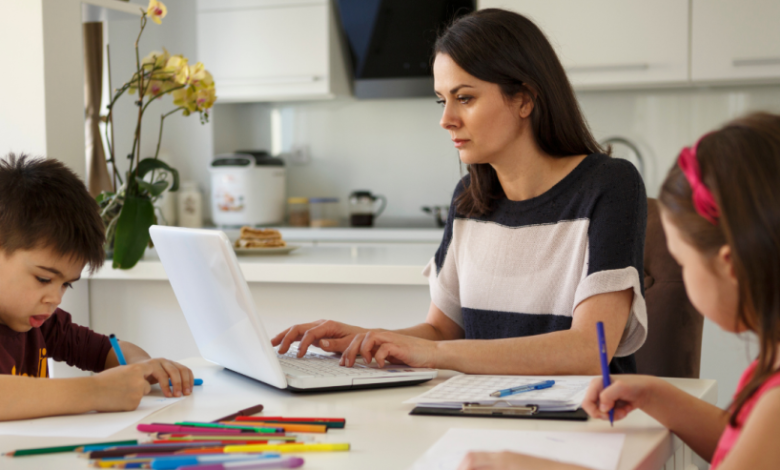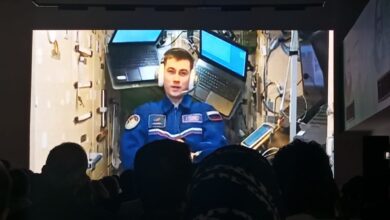
The fourth edition of the Arab Science Journalism Forum was hosted this year by the Kamal Adham Center for Television and Digital Journalism in the School of Global Affairs and Public Policy at the American University in Cairo (AUC) – with this year’s edition being dedicated to the role Arab women play in science and scientific journalism.
Held on Sunday, December 17 in association with UNESCO, the online event has been hailed as “One of a kind” by the Director of the Kamal Adham Center, Hussein Amin.
With discussions in English and Arabic, the forum has proved to be “very powerful, successful, concluding with recommendations to provide solutions to many problems facing women in science journalism, in Egypt, and in the Arab region,” Amin added.
Attended by Arab scientists and researchers of all stripes, the event seeks to bridge the gap between the public and scientific world, breaking down complex scientific jargon into easily digestible information for the public.
Speaker Dr. Nouha Belaid touched on topics including climate change, supporting science journalism and providing accurate scientific information to the public.
The gap between women and men in science journalism
The forum’s first panel, titled Women in Science Journalism, covered the struggles facing Arab women in science as they strive to enter a field once reserved for men, and the means by which they overcame these challenges.
Moderated by Dr. Nadine al-Sayed, the panel was comprised of Dr. Maya Nichols, Nadia al-Awady, and Bothina Osama.
They noted that despite women in the Arab world entering into STEM at greater numbers compared to the west, few science and science journalism authorities are female.
The panel called for ensuring women are as equally represented as their male counterparts.
How climate change impacts women
Gender and Climate, the second panel, sounded the alarm on how women – especially those in poorer nations – are facing greater challenges from the impact of climate change.
Young girls must aid their families to survive, leaving them with no time to pursue higher education.
Science journalism must address the social and economic consequences of climate change, the panel agreed, alongside covering for the lack of proper research being done into how women are specifically impacted.
The panel was made up of the likes of Hadeer Elhadary, Raghida Haddad, and Rahma Diaa, with Sarah ElShaarawi as moderator.
Aiding women in STEM
The third panel, Women in STEM: Perspectives on How Science Should be Communicated, discussed how to aid women in the STEM fields overcome the gender barrier.
A UNESCO report that showed that, despite STEM graduates in MENA being composed of 57 percent women, higher STEM rankings remain dominated by men, panel moderator Ashraf Amin noted.
Alongside Amin, the panel included Dr. Fayrouz Ashour, Mohamed al-Sonbaty, and Dr. Mubaraka Saad Alghariani.
Women in STEM fields need further support and encouragement to thrive just as well as their male counterparts.
Highlighting successful women in STEM can serve to encourage other Arab women to follow in their footsteps, which will aid in bridging the gender equality gap.
Finally, the panel touched on the importance of fostering a love of science from an early age.




